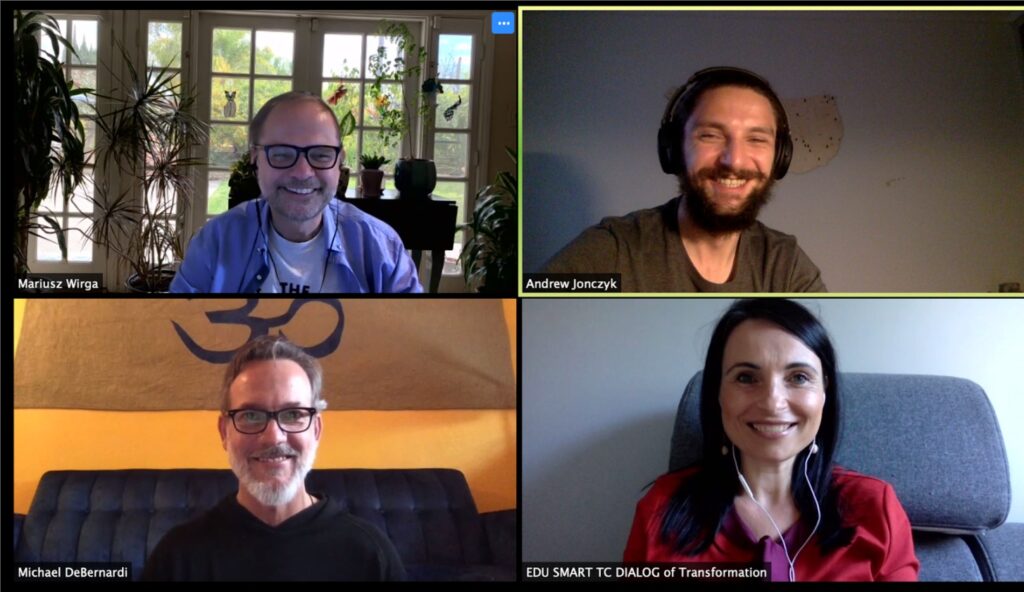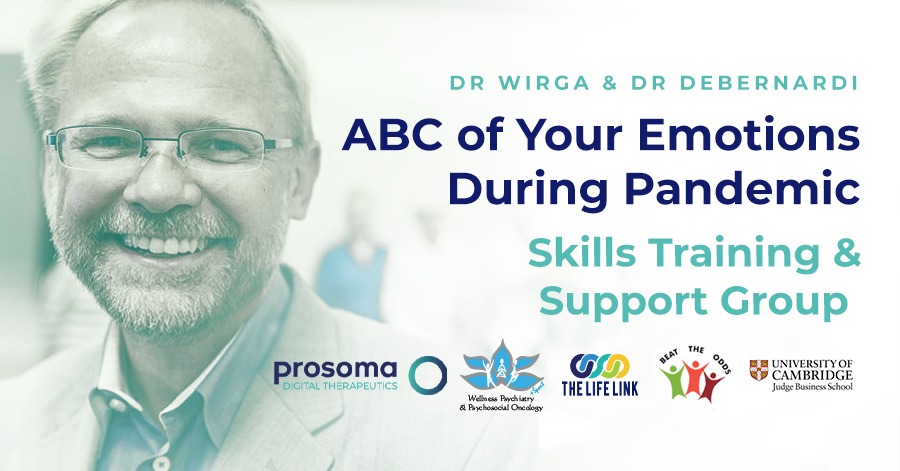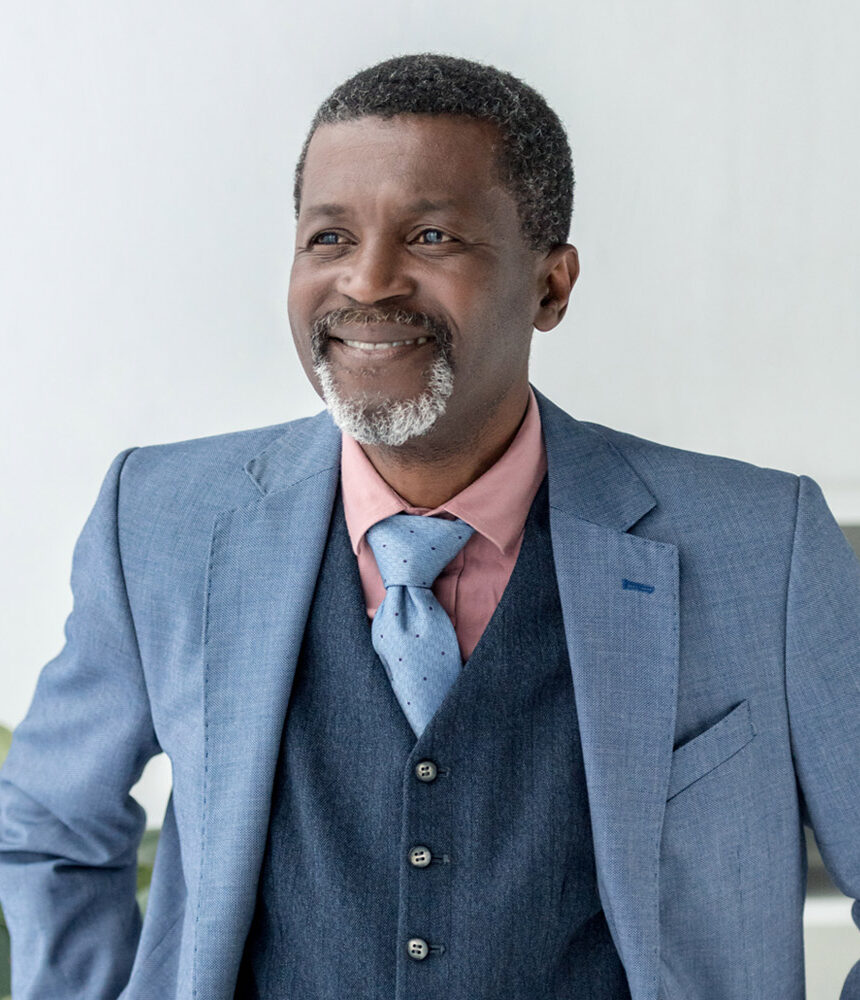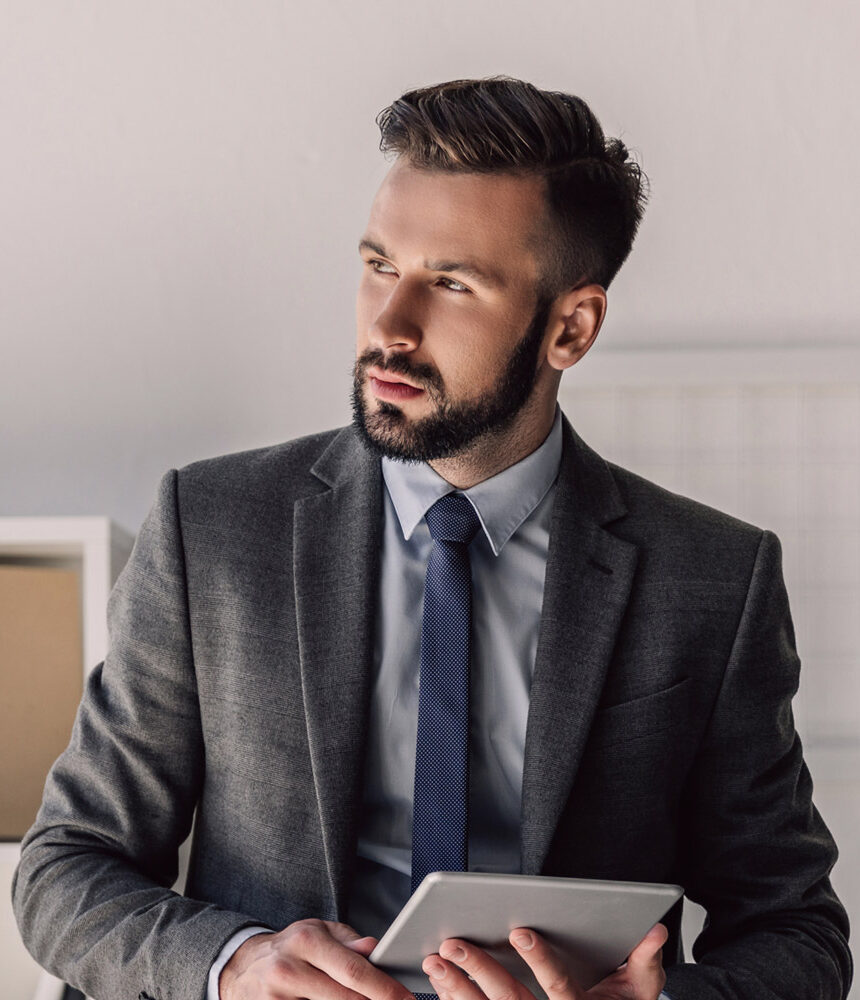Video-recording available here: https://bit.ly/C19webinar-5
Webinars
Time tested, evidence-based
support program for mind, body, and spirit
BEAT THE ODDS®
URBAN RETREAT
JOIN US FOR A UNIQUE HEALING EXPERIENCE!
BEAT THE ODDS® PROGRAM IN JUST TWO WEEKENDS!
“Surviving Cancer One Healthy Thought at a Time!”


FREE VIDEO WEBINARS TO HELP HANDLE OUR EMOTIONS IN ANY CIRCUMSTANCES
This is a series of 12 webinars with practical skills of dealing with greater and smaller stresses of life. The COVID-19 pandemic was the stimulus for the webinars. Still, the self-help skills covered apply to any adversities in life including health, relationships (webinars 5 & 6), lifestyle changes (webinar 9), perfectionism and feelings of inferiority (webinar 10), to eventually getting to the source of our emotions and the self-directed transformation at the source (webinars 11 and 12).
Everything you learn in these webinars is immediately applicable in your life. So expect practical exercises and homework. These webinars can not, however, replace or substitute professional mental health help.
March 22nd, in response to the flood of requests for help, Dr. Mariusz Wirga invited his patients, their families, as well as his colleagues and co-workers at the MemorialCare Todd Cancer Institute in Long Beach, California, to join his free 2-hour video webinar “10 Skills of Emotional Survival – How to Stay Sane (relatively) During a Pandemic?” More people signed up than his zoom account could handle. Also, requests for more such webinars poured in. It was surprising that people would dedicate 2 hours on Sundays to participate in these workshops. So we continued them for 12 weeks. All were recorded, and the links to the recordings are below.
The webinars are based on the work of Dr. Wirga’s mentors Maxie C. Maultsby, Jr (one of the pioneers in cognitive-behavior therapy and founder of Rational Behavior Therapy and Self-Counseling), O. Carl Simonton (radiation oncologist and pioneer of mind-body oncology), David D. Burns (early pioneer of CBT and founder of TEAM-CBT) Albert Ellis (father of cognitive therapies), Marsha Linehan (a pioneer in personality disorder therapy), Barbara Andersen (biobehavioral interventions to improve cancer survival), Susan Michie and Robert West (lifestyle modification and behavioral change at University College London), Peter Fenner (mindfulness and Nondual therapy), Daniel Mintie (co-author of the bestselling Reclaiming Life After Trauma: Healing PTSD with Cognitive Behavioral Therapy and Yoga).
After the first workshop, the idea was picked up by Prosoma, the digital therapeutics company that Mariusz works with on psycho-oncology and COVID-19 apps. Prosoma helped with the organization and promotion of the events, and Dr. Andrzej Jończyk was hosting ever since.
Also, the University of Cambridge picked up the webinars. Dr. Michael DeBernardi, a clinical psychologist, Mariusz’s friend, co-author, and the CEO of LifeLink in Santa Fe, NM, began co-facilitating the workshops adding his expertise. During the 4th workshop, Aleksandra Marcinkowska, a Ph.D. candidate from the UK and an experienced practitioner and teacher of Rational Behavior Therapy, joined in and is moderating the Facebook group.
The format of these online workshops was unique – it allowed for interactions by voice, chat, gesture, and Q&A to interact with the facilitators and other participants making it also a social event. Yes, we promote PHYSICAL distancing and, at the same time, SOCIAL integration via all media possible. We consider social distancing a misnomer that leads to isolation and deprivation of our interpersonal interaction needs.
Below you will find the past webinar recordings on youtube. We will plan to keep this page updated as much as possible, but the newest information is shared on the new Facebook group dedicated just to this project. We know that not everyone likes or uses Facebook, but that what was the easiest and fastest and the least expensive solution for instant communication. Also, the link to all the handouts, materials, and presentations shared in the webinars can be found at the bottom of this page.
Please spread the word and share it with people you care about, your family, friends, co-workers, acquaintances. in the menu on the right. Updates can be accessed here even when you don’t have a Facebook account: https://www.facebook.com/groups/901480826971038/
- Strengthen vitality, joy and healthy hope.
- Reduce stress and negative emotions.
- Increase your capacity for relaxation and mindfulness.
- Foster more trust and wisdom.
- Convert fear into a peace of mind.
- Effectively manage symptoms such as fatigue, pain, nausea, etc.
- Bring balance in all aspects of your life, including nutrition, exercise, play, and purpose.
- Improve communication skills and build a quality support system.
- Improve communication skills and build a quality support system.
Recordings of Previous Webinars with Related Handouts and Homework
Video Webinar #1 “10 Skills of Emotional Survival – How to Stay Sane (relatively) During a Pandemic?”
You will learn 10 practical techniques for dealing with different aspects of this pandemic and life in general. All these techniques are working synergistically– they potentiate each other, and the resulting effect is more than just the sum of the impact of individual interventions. You don’t have to apply all of them all the time for your healing. Use what works for you, and don’t abandon things that have been working so far.
The purpose of this workshop – as every day – is to improve the quality of our lives, to bring more joy to this day. We can influence healing only here and now by improving the quality of our lives in the present moment. Improved health is the byproduct of living life now with the best possible quality.
The basic principles of our approach:
- Focusing on what is right with us rather than what’s wrong with us
- Honoring our limits (physical, emotional, intellectual, and spiritual)
- Understanding that each person’s path to health is unique
- Balancing caring with non-attachment to outcome
Video-recording available here: https://bit.ly/C19webinar1
Video Webinar #2 “Healthy Hope During the Pandemic”
- hope as the 11th Skill of Emotional Survival
- false hope vs. false hopelessness
- what does hopelessness sometimes may say about you and your values that is beautiful and awesome?
- how to be aware of the level of your healthy hope and how to protect it?
- how to recognize and deal with the conspiracy of positive thinking?
- what is the role of ritual, trust, and faith in cultivating healthy hope?
Video-recording available here: https://bit.ly/C19webinar2
Video Webinar #3 ABC of Emotions During the Pandemic
- Where are the emotions coming from?
- What is good about negative emotions like anxiety, worry, or anger?
- What are the traps of positive thinking and feeling?
- When feeling right is wrong?
- Are COVID-19 and isolation, creating my fears, worries, and anger?
- How can we tell if our beliefs, emotions, and behaviors are healthy?
- What are the 5 Rules Of Healthy, Thinking, Feeling, and Behaving?
- What three emotional choices we have in any situation?
- What about “automatic feelings” that were just “triggered” by the situation?
- What is the role of words in emotional and behavioral comfort and self-control?
Video-recording available here: https://bit.ly/C19webinar3
Video Webinar #4 Laughing your stress away
- Why is laughter so effective in the fight against infectious diseases?
- What are the antiviral and healing properties of laughter and play?
- How many times a day could we laugh because it is part of our nature, and how many times do we actually laugh?
- What are the other benefits of laughter?
- Why is laughter a universal medicine?
- Can we laugh when there is nothing to laugh about? If yes, how to do it?
Video-recording available here: https://bit.ly/C19webinar4
Video Webinar #5 Relationships and Communication at the time of Quarantine
How to make the relationships work in these challenging times, and what are the secrets of effective communication?
Do you have a friend or loved one who:
Never listens?
Is she/he always critical of you?
Doesn’t follow your or medical advice regarding COVID – 19?
Or is excessively panicked about COVID-19 but would never listen to reason?
Are you getting on each other’s nerves?
If so, then this workshop is for you! And them!
The webinar will cover:
- What is the greatest misconception of human communication?
- Were does the burnout come from?
- How to prevent burnout in a chronic stress situation?
- How to take care of yourself and your needs without being selfish?
- Timing facilitating successful communication
- Expressing negative emotions in healthy ways that promote intimacy
- The Five Secrets of Effective Communication meet Non-Violent Communication
- Disarming and understanding a person who is critical of you or has strong views that are totally opposed to yours
- Empathy for the less talented in connecting emotionally
- The role of non-attachment that promotes the expression of love
- Strengthening your love muscles: compassion, caring, and kindness in action
Video Webinar #6 Advanced skills for deepening intimacy
We will be practicing the remaining four (out of five) Secrets of Effective Communication (based on the work of Dr. David D. Burns and his book “Feeling Good Together: The Secret to Making Troubled Relationships Work”).
Five Secrets of Effective Communication
- Disarming
- Empathy
– thought empathy
– feeling empathy - Inquiry and feedback
- Kind assertiveness – expressing your own emotions, “I feel” statements
- Stroking
We prepared for you:
- Homework assignment and presentation
- Link to a folder with all webinars handouts, materials, and presentations
Video-recording available here: https://bit.ly/C19webinar6
Video Webinar #7 Watch your Language – Healthy semantics
Watch your words; they become your thoughts;
Watch your thoughts; they become [emotions and] actions;
watch your [emotions and] actions; they become habits;
watch your habits; they become character;
watch your character, for it becomes your destiny.
FRANK OUTLAW
You will learn more about the power of the words we say. The words that you most often tell yourself are the foundations of your habits, your personality, and your eventual destiny. So learning to use them to your advantage is one of the easiest and healthiest things you can do to improve your emotional health.
The webinar will cover:
- Words vs. Reality – what wins?
- What are the words that are motivation killers?
- What are the words that we always use but never are true?
- 5000 fiasco’s off a good for nothing failure
- Is it possible that I don’t have to die?
- What is fair and just in the 21st century?
- How to find time that has not been lost?
- How does time heal?
You will learn to identify the most frequent unhealthy semantic habits that you and everyone else around you probably use many times a day without even noticing. Whether you notice them or not, they still affect you and those around you. By learning to improve your semantics, you will discover one of the easiest and quickest ways of improving your emotional health.
Video-recording available: https://bit.ly/C19webinar7
Video Webinar #8 Mental Imagery – apply your imagination for healing
In this webinar, you will learn more about the power of imagination. Mental Imagery will help you reduce stress levels, relieve tension in the body, activate all self-healing processes, and reduce the side effects of the treatment process.
- What imagery is?
- Where does the power of imagery come from?
- Imagery as the unique human quality and the oldest healing skill
- How can the mind influence the body and immune system and vice versa (basics of psycho-neuro-immunology)?
- Enhancing imagery with relaxation
- Breath as a key to the mind-body connection
- Breathing exercises that activate the relaxation response
- Basic body awareness exercises for centering and relaxation
- The ancient and new principles of using imagery for healing
- Yes, you are an expert, and you will discover why
- Imagery as a way of modifying our attitudes as well as emotional and behavioral habits
- What are unconditioned awareness and radical acceptance?
- Ultimate healing
- Putting it all together: guided mental imagery exercise
Webinar supporting materials:
Video-recording available: https://bit.ly/C19webinar8
Video Webinar #9: The Easier Way to Lifestyle Changes
The webinar addresses:
- For many of us, lifestyle change means restrictions, deprivation, and either heroic self-discipline or failure. Identify your “theory of change” and modify it to support your journey.
- How much change is needed for it to count as a real change? -Let’s set expectations right.
- Everyone has healthy behaviors. Learn how to use yours as building blocks.
- In lifestyle change, the role of motivation is overrated.
- Learn how to boost motivation when it’s absolutely necessary for change.
- BUT: Also learn to make changes that do not require much
motivation. - Most of our behaviors are automatic; we act without having to consciously think (driven by nonverbal attitudes). You will learn to use principles of habit formation to automatize lifestyle changes and to make them effortless and long-lasting.
Practical application in lifestyle change handout: connect your DOTs to create SPANs, and new PATHs: https://bit.ly/DOTS-PATHS
Sleep hygiene handout: https://bit.ly/C19sleep
————
Dr. Pilvikki Absetz, Ph.D., is an adjunct professor of health promotion and a behavioral scientist based in Finland but working internationally. During the past 20 years, she has conducted intervention research to support the prevention and self-management of chronic diseases in Europe, Africa, India, and Australia. In her research, she has developed and utilized a strength-based approach to lifestyle change and trained thousands of professionals to use the approach.
Video-recording available: https://bit.ly/C19webinar9
Video Webinar #10: Burnout – Perfectionism vs. Inferiority
In this webinar, we focus on perfectionism and its relationship with burnout and the feelings of inferiority.
Why we often try to prove (to ourselves and others) that we are OK but, at the same time, hiding our feelings of inferiority or inadequacy?
How can we free ourselves from this vicious circle?
The webinar focuses on the following topics:
-The essence of perfectionism, the difference between healthy development and perfectionism;
-The relationship between perfectionism and feelings of inferiority
-Spheres of life affected by perfectionism and feelings of inferiority
-Etiology of feelings of inferiority.
-The vicious circle of perfectionism and its consequences
-Healthy ways of shaping the healthy USA* Unconditional Self-Acceptance
How can we free ourselves from this vicious circle?
The webinar focuses on the following topics:
-The essence of perfectionism, the difference between healthy development and perfectionism;
-The relationship between perfectionism and feelings of inferiority
-Spheres of life affected by perfectionism and feelings of inferiority
-Etiology of feelings of inferiority.
-The vicious circle of perfectionism and its consequences
-Healthy ways of shaping the healthy USA* Unconditional Self-Acceptance
Video-recording available: https://bit.ly/C19webinar10
Video Webinar #11: At the Source of Emotions
Embracing and understanding our difficult emotions
The webinar covers:
– Unmasking your emotions.
– What do emotions teach us?
– What do our most difficult emotions say about us that is beautiful and awesome? What values do they reflect?
– Can we choose not to feel these difficult emotions?
– Embrace the fallacy of some positive emotions. What are the traps of positive emotions?
– When feeling right is wrong? What feelings do and don’t tell us?
– The healthy way of exploring your emotions.
– The healthy way of transforming your emotions.
– Emotional practice.
We have created special digital tools for you. We hope that they will help you in the process of understanding your emotions. We would like to ask you, if possible, to go through them before our last webinar. While using them, you will also help us to prepare better the continuation of our initiative based on digital tools. Thank you!
- Rational Self Analysis (RSA) Online Form – Feel better thanks to the transformational power of understanding your emotions at their deep sources and transforming them at their base. If you don’t know how to fill in the whole form, it’s okay – just fill in 4 fields corresponding to A, B, C, D emotions (questions 1-4). We will discuss the full process in the webinar.
- Evaluation of Your Mental Wellbeing – you will learn more about yourself and help us to understand better the people for whom we run our initiative.
Video-recording available: https://bit.ly/C19webinar11
Video Webinar #12: Transformation At the Source
In this webinar, we review of the Rational Self-Analysis (RSA)
– How can I keep my difficult emotions from coming back?
– Can I stop negative thoughts from popping into my head?
– When is the most effective time to do a Rational Self-Analysis?
– Do I have to do it in writing, or is doing it in my head is enough?
– What to write when nothing comes to my mind?
– Is it enough if I do only the left side of the RSA?
– What if the new thought meets the criteria for being healthy, but I don’t believe it?
– Review Volunteer RSA
– How to practice new emotions and actions when life doesn’t give us enough opportunities, or when it does, we are not prepared and end up acting in the old unhealthy habitual way?
– Your Mental Health Gym – what are our “mental health muscles,” and how do we strengthen them?
– Imagery: Harnessing the power of this uniquely human capacity.
– Why is practicing in imagination as effective as practicing in real life?
– How do I practice Rational Emotive Imagery (REI)? How to move forward?
– How can I keep my difficult emotions from coming back?
– Can I stop negative thoughts from popping into my head?
– When is the most effective time to do a Rational Self-Analysis?
– Do I have to do it in writing, or is doing it in my head is enough?
– What to write when nothing comes to my mind?
– Is it enough if I do only the left side of the RSA?
– What if the new thought meets the criteria for being healthy, but I don’t believe it?
– Review Volunteer RSA
– How to practice new emotions and actions when life doesn’t give us enough opportunities, or when it does, we are not prepared and end up acting in the old unhealthy habitual way?
– Your Mental Health Gym – what are our “mental health muscles,” and how do we strengthen them?
– Imagery: Harnessing the power of this uniquely human capacity.
– Why is practicing in imagination as effective as practicing in real life?
– How do I practice Rational Emotive Imagery (REI)? How to move forward?
We encourage you to continue to use the Rational Self Analysis (RSA) Online form – use the transformational power of understanding your emotions at their source and engaging in a profound self-directed transformation from that source. If you don’t know how to fill in the whole form, it’s okay – just fill in 4 fields corresponding to A, B, C, D emotions (questions 1-4). We discuss the full process in the webinar and will have additional webinars just to address the beliefs you sent to us.
You are also invited to periodically (every four weeks or more) to check your wellbeing with the Evaluation of Your Mental Wellbeing
Video-recording available: https://bit.ly/C19webinar12
Prosoma is developing a free smartphone app to learn in seven 30-minute lessons practical skills to decrease stress and increase peace of mind as well as the capacity to experience joy in the difficult times of pandemic, isolation (PHYSICAL not SOCIAL), and uncertainty.
Scientific background of our webinars:
Wirga, M., DeBernardi, M., Wirga, A. et al. Maultsby’s Rational Behavior Therapy: Background, Description, Practical Applications, and Recent Developments. J Rat-Emo Cognitive-Behav Ther (2020). https://doi.org/10.1007/s10942-020-00341-8
We are energized by these vegan chocolates

Evidence
- Cancer and stress: counselling the cancer patient
- Effect of psychosocial treatment on survival of patients with metastatic breast cancer
- Malignant melanoma
- Impact of psychotherapeutic support for patients with gastrointestinal cancer undergoing surgery
- Psychologic intervention improves survival for breast cancer patients
- The Science and Practice of Beat the Odds
Beat The Odds News
Subscribe to News

Tobby May
city council president


Peter Lee
city councilor, At-large

Let Us Make the Smart City Green
If you love art, you not alone. Be the first who see it!

